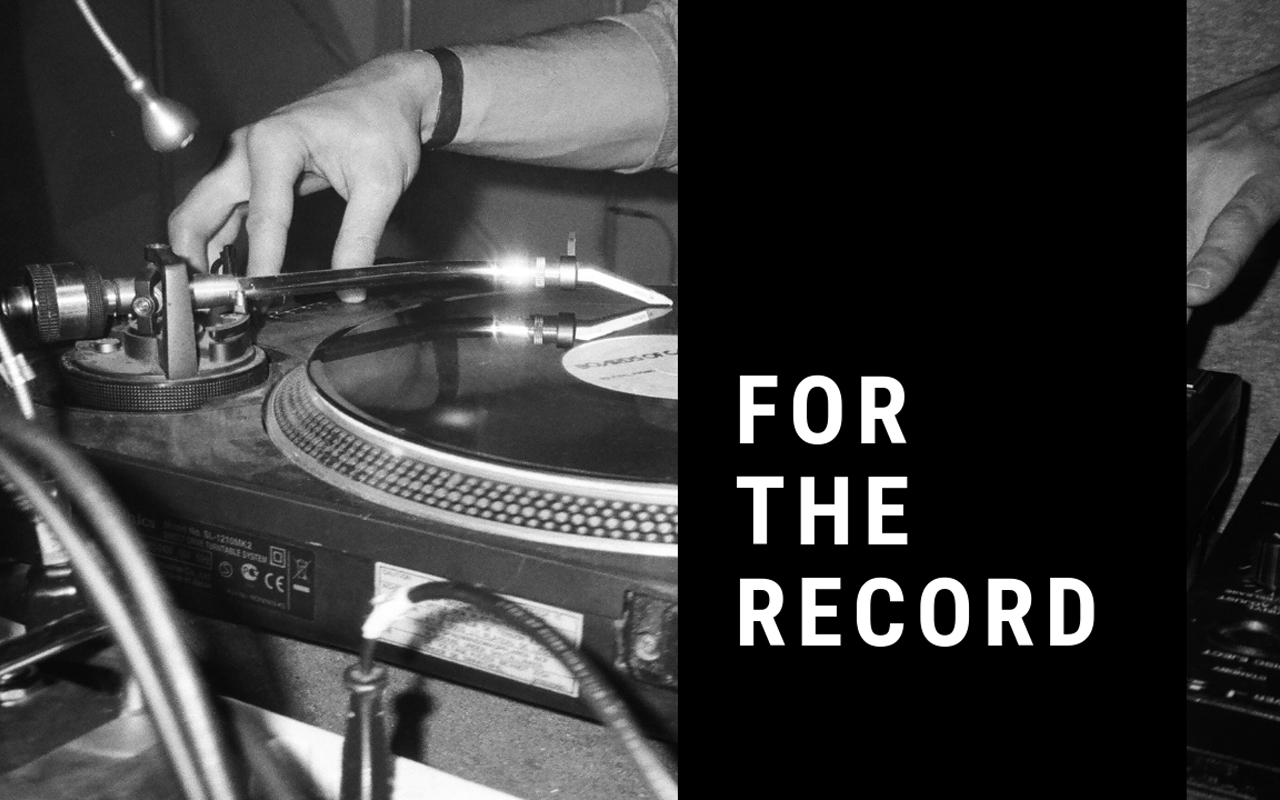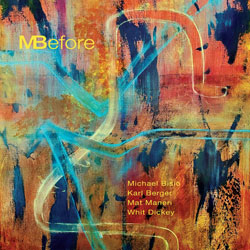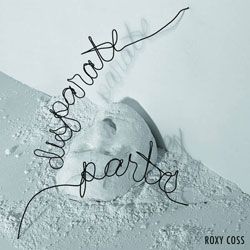
Michael Bisio Quartet, MBefore
Tao Forms , March 2022

BY PAUL DE BARROS
Since Michael Bisio left Seattle 17 years ago, he has forged a well-deserved reputation on the East Coast as one of the world’s foremost avant-garde bassists, most notably during his 13-year tenure with the Matthew Shipp Trio. On this cleverly titled quartet album, Bisio teams up with drummer Whit Dickey, who often plays with Shipp’s trio; longtime collaborator Mat Maneri, viola; and 87-year-old avant-garde composer and vibraphonist Karl Berger, a legend in his own right, with whom Bisio has often played and occasionally recorded. The four had never played together as a unit before they entered the studio. The result is a spontaneous, quietly nuanced album of mostly abstract, pantonal, and often quite beautiful interactions that highlight color, shape, and subtle interplay, with the accent on an introspective, flowing mood I associate with pianist Paul Bley. Bisio’s deeply warm, brown bass often suggests a kinship with Charlie Haden. Not bad company, in person or in spirit. Unlike stereotypes of open form jazz, this music is rarely raucous or abrasive but intricately woven and fine, with space around the moving parts. Repeated listening yields more and more rewards.
Bisio wrote most of the tunes, including a two-parter for Dickey (a vamp in the key of C, also titled with a punning abbreviation, “Sea V 4 WD”) that showcases Dickey’s restraint and precision in drawing just the sound he wants from each drum. Berger’s chipper “Crystal Fire” takes the band into swinging free-bop, with walking bass and a sneaky figure at the end from Bisio; the vibist’s lovely ballad, “Still,” affords the opportunity for a splendid mallet solo. Maneri dolorously bows the melody of “I Fall In Lovely Too Easily” (yes, there’s a standard ballad here) with Bisio supportively plucking below. “Intravenous Voice” gets nervous, working up to a high climax and the mysteriously vaporous “r. henri” (an homage to the New York “Ashcan School” painter, Robert Henri, perhaps?) features long arco sections on both viola and bass. The album closes with the only full-on group improv, “Um,” which again highlights the deep listening and turn-on-a-dime responses these four musicians have mastered.
Roxy Coss, Disparate Parts
Outside in Music, March 2022

BY PAUL DE BARROS
It’s hard to believe saxophonist Roxy Coss graduated from Garfield High School 18 years ago; it seems like only yesterday she and the Bulldogs were besting every other band at Essentially Ellington. But since then, Coss has graduated from William Patterson, where she studied with, among others, the late, great Harold Mabern (honored here with the springy jazz waltz, “Mabes”); become a mom (congrats, Roxy!); and released six albums as a leader, three of them with this inspiring quintet: Alex Wintz (guitar), Miki Yamanaka (piano), Rick Rosato (bass), and Jimmy Macbride (drums). I saw this band back in 2018 at the (also late and lamented) Jazz Standard and was impressed then as I am now by its cohesion and fire, Coss’ alternately tough and tender tone, and Wintz’s crisp, inventive guitar. The new album offers more of the same, with a new complexity of purpose and a feeling of cheerfulness even when fierce, which perhaps reflects an embrace of complexity that takes in both the joy of motherhood and the pain of losing a mentor like Mabern, never mind two years of isolation during the pandemic.
Coss wrote six of the album’s ten tunes. The centerpiece is a four-part original that limns the “disparate parts” of the album’s title: body, mind, heart, and spirit. Not surprisingly, “The Body” is a jazz/rock driver, with some fusiony textures from Yamanaka’s Rhodes, but so is “The Mind,” with Coss on soprano and the Rhodes gone ‘70s creamy. Rosato’s supple bass takes a turn on “The Heart,” where Coss’ mid-register tenor waxes warm and tender, even fluttering and a little feathery, like Charles Lloyd. The fetching title track bounces along at a medium tempo, with tenor and guitar blending like two horns and Wintz sailing into some blistering picking. Coss’ other original, “Mabes,” her cheerful homage, features lovely, lyrical solos by Wintz and Coss.
Macbride contributes one of the best tunes on the album, the slow, mysterioso “Warm One”; Wintz’s “Ely, MN” offers a nice opening for acoustic piano; and Yamanaka’s “Sunburn” takes us on a tropical vacation. The band begins, ends, and inserts in various other spots five very short takes on the pianist’s “February,” which mark a progression of moods from anxiety to celebration, or perhaps that’s resolution, even if one has the feeling that Coss is leaving all questions open. Surely there’s more to come.